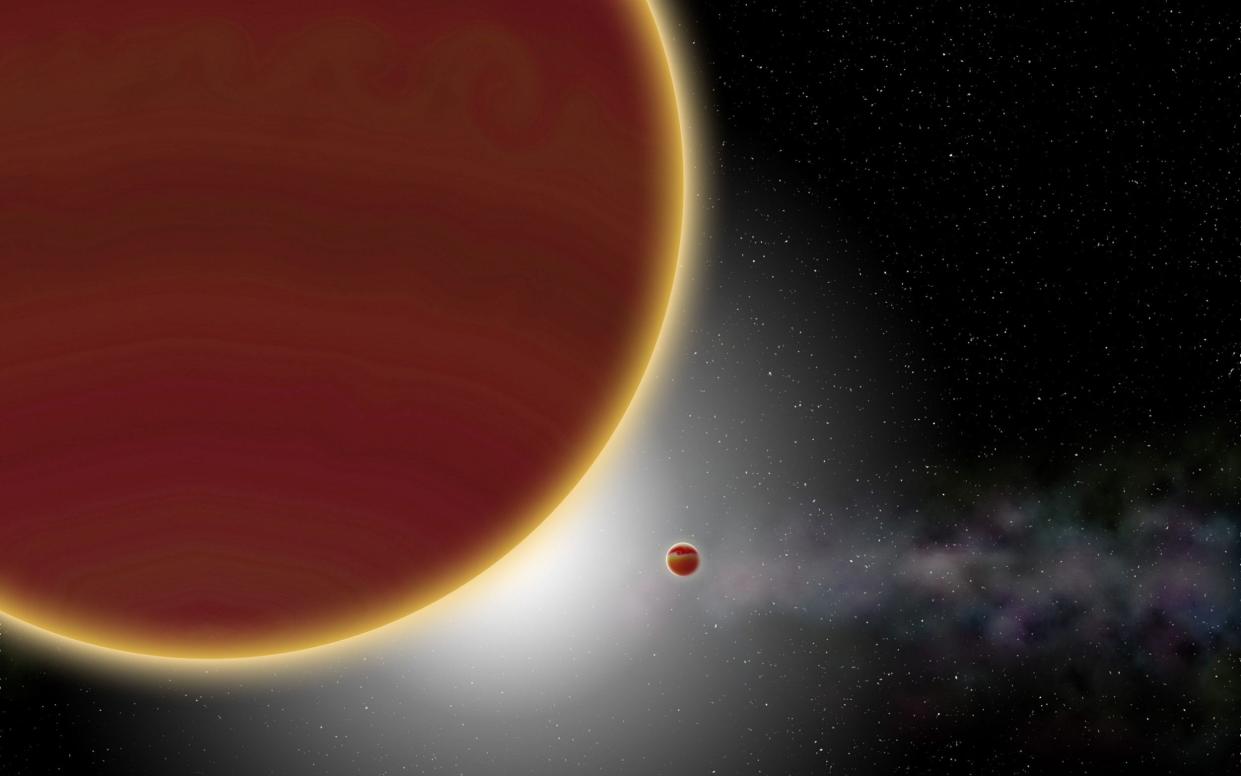Out of this world: Why humans could one day be living on other planets

DNA editing could allow humans to live on new planets within 500 years, a genetic engineering expert who has worked with Nasa has suggested.
Chris Mason, a professor of physiology and biophysics at Weill Cornell Medical College in New York, argued that technological advances could one day allow humans to engineer their bodies to survive extraterrestrial conditions.
He outlined a detailed plan for how the human race could settle on potentially hundreds of exoplanets when Earth is no longer able to sustain life.
In his book, "The Next 500 Years: Engineering life to Reach New Worlds", Prof Mason says the increasing size and brightness of the sun will make the planet intolerable for humans within the next billion years.
"This means we can't stay here forever, as wonderful as it is. At some point we would have to go," he told an event hosted by the New Scientist magazine, arguing that genetic engineering is a "duty we have not only to ourselves, but to all creatures" to ensure the survival of life.
The scientist described how DNA editing could help to address the risks posed by space travel as well as allow humans to tolerate extreme environments so they can safely live on other planets. He said research into the impact of space travel on astronauts' DNA had provided valuable insight into how to protect humans for future life away from Earth.
Prof Mason outlined ways in which genetic engineering could enable people to overcome the challenges that settling on another planet pose, for instance allowing humans to produce their own amino acids or nutrients. He acknowledged that the idea "raises large ethical questions", but said he could envisage a time when genetically modified humans could become an entirely new species.
"It's an extraordinary time. We've just begun this mapping, but we already have a good list of phenomenal candidates," he said.
Prof Mason said he anticipated that there will be many more potentially habitable exoplanets by the year 2,400. He said his multi-stage proposal includes plans for a "generation ship" on which people would live and die on their way towards a new world.
By the year 2,500, he believes we may be able to send out a generation ship that would chart a course for a new star and home planet.
"People often say, well, why do all this? It's something we have to do, it's not just because we want to leave Earth," he said. "We want to take great care of Earth, but if you look long enough in the future, we know that nothing is perfectly stable."

